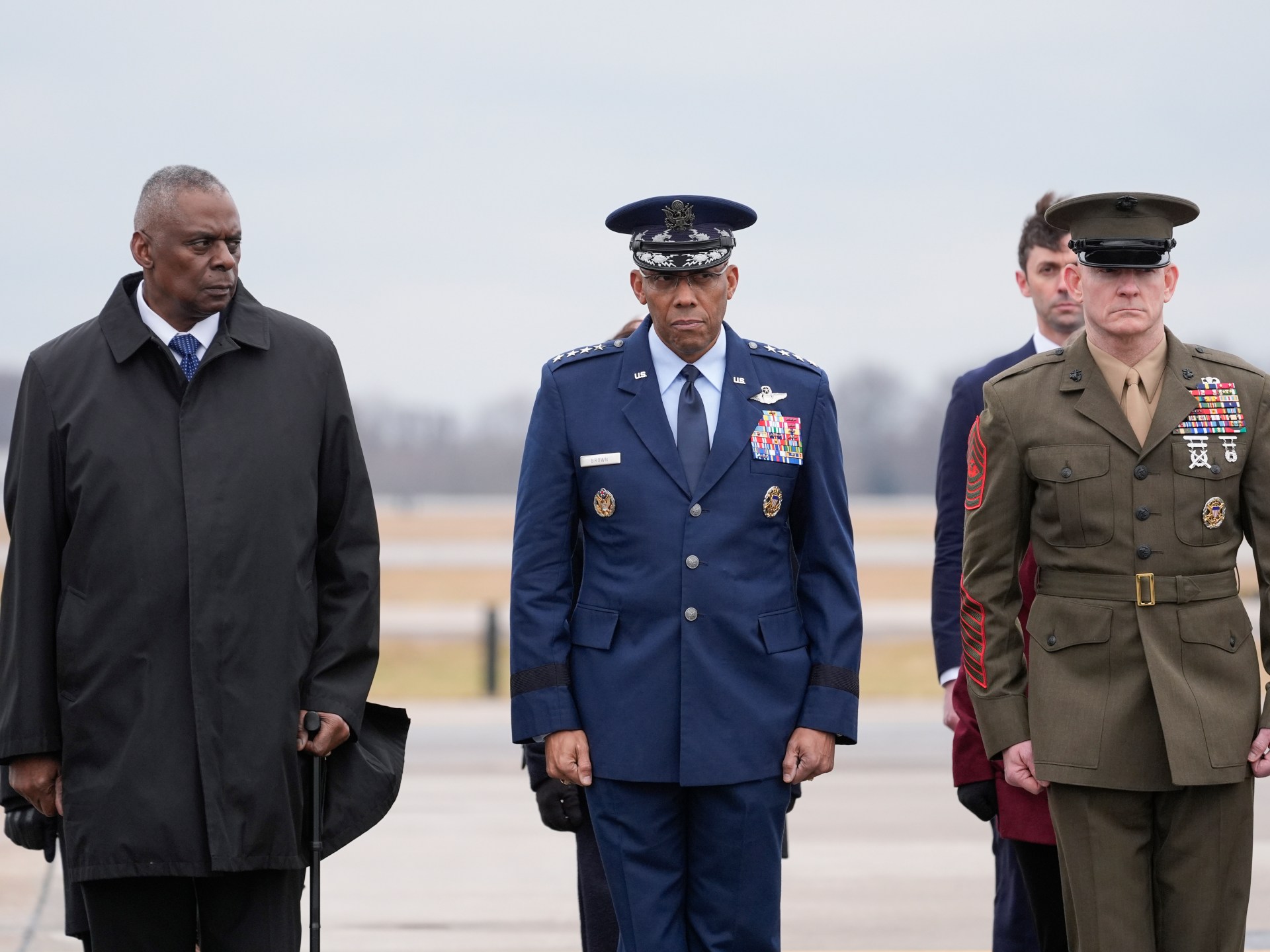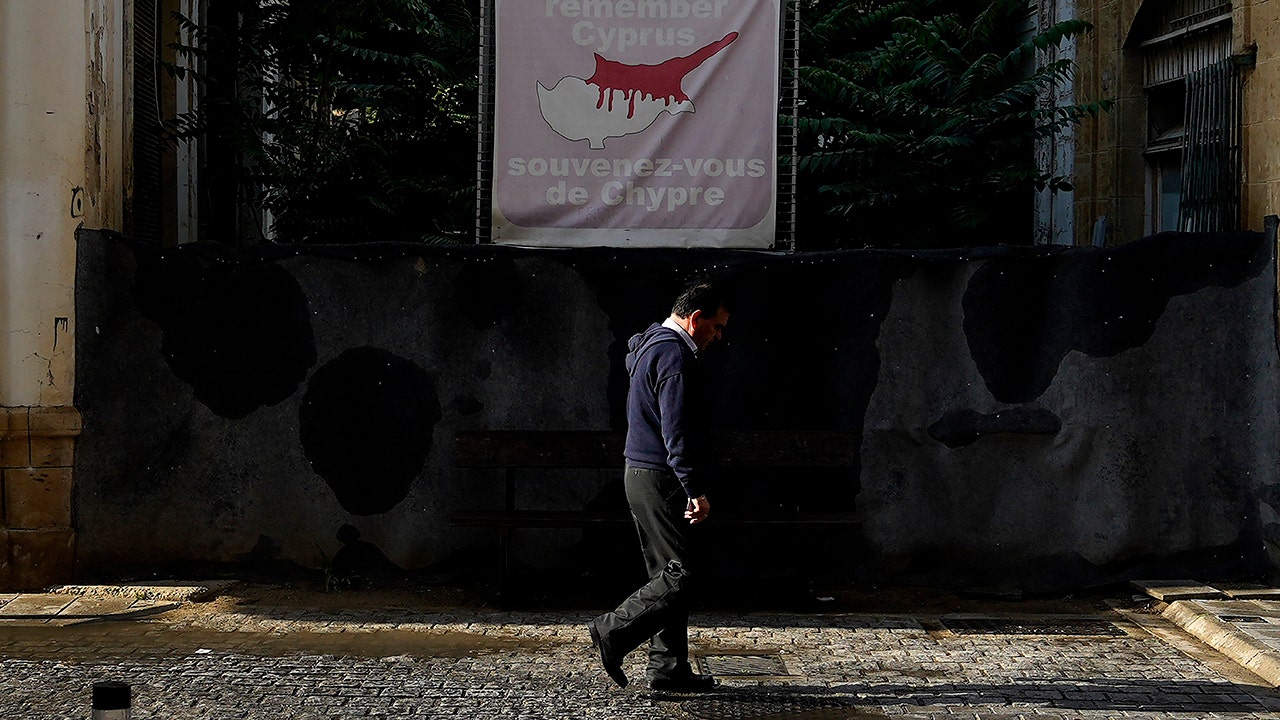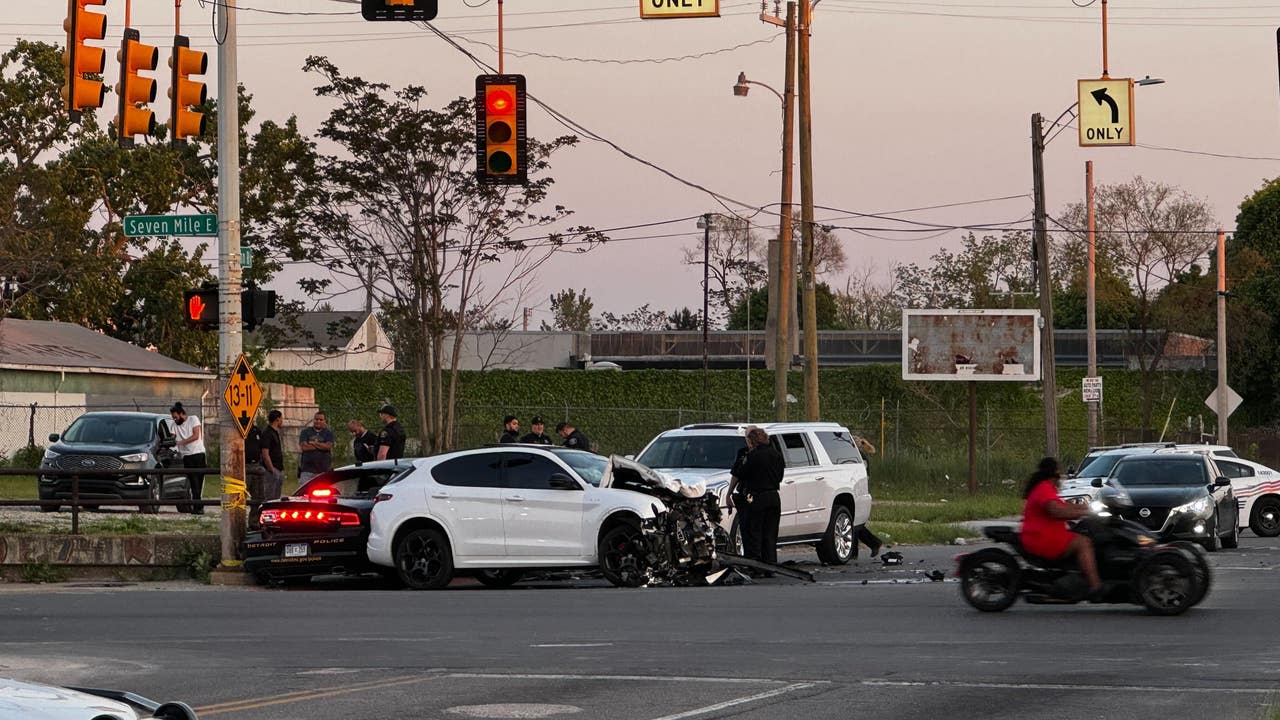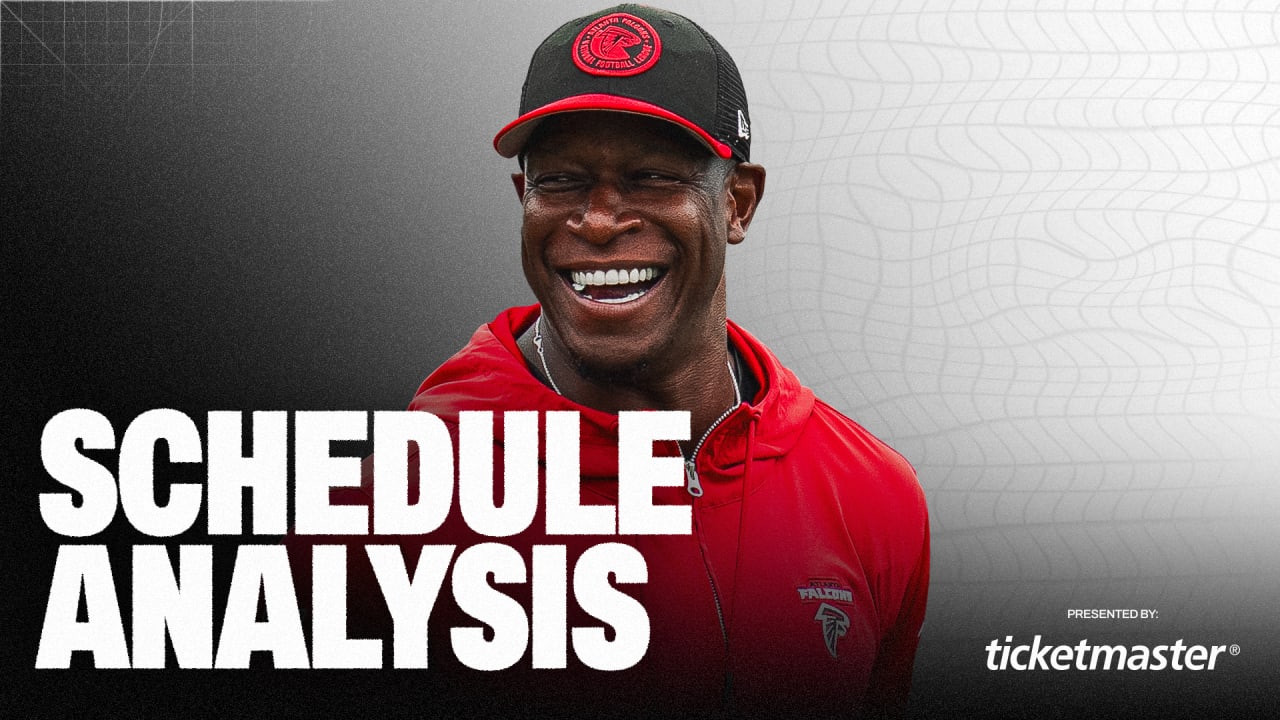World
‘Overshadow Gaza crimes’: World reacts to US attacks on Iraq and Syria

The United States has conducted a wave of air strikes on Iran-aligned targets in Iraq and Syria in retaliation for an attack that killed American soldiers in Jordan.
On Saturday, Iraq said 16 people, including civilians, were killed on its soil, and a monitoring group reported 18 people were killed in Syria.
Washington has warned of more strikes to purportedly deter the Iran-backed “axis of resistance” amid Israel’s war on Gaza. In announcing the overnight attacks, US President Joe Biden said: “Our response began today. It will continue at times and places of our choosing.”
Here is how the world reacted to the US action:
Iran
“The attacks are a violation of the sovereignty and territorial integrity of Iraq and Syria, international law, and a clear violation of the United Nations Charter,” said Ministry of Foreign Affairs spokesperson Nasser Kanaani.
“In addition to an all-out support of the US for four months of relentless and barbaric attacks by the Zionist regime against the residents of Gaza and the West Bank, and military attacks on Yemen and violating the sovereignty and territorial integrity of the country, last night’s attacks on Syria and Iraq were another adventurous action and another strategic error by the US government which will have no result but to intensify tensions and instability in the region.”
“The attacks merely support the goals of the Zionist regime. Such attacks increasingly involve the US government in the region and overshadow the crimes of the Zionist regime in Gaza.”
Iraq
“This aggressive strike will put security in Iraq and the region on the brink of the abyss,” the Iraqi government said in a statement, and denied Washington’s claims of coordinating the air raids with Baghdad as “false” and “aimed at misleading international public opinion”.
The presence of the US-led military coalition in the region “has become a reason for threatening security and stability in Iraq and a justification for involving Iraq in regional and international conflicts”, read the statement from Prime Minister Mohammed Shia al-Sudani’s office.
“Iraq reiterates its refusal to let the country be an arena for settling scores,” said government spokesperson Basim Alwadi.
Yahya Rasool, the Iraqi military spokesperson, said the attacks “constitute a violation of Iraqi sovereignty, undermine the efforts of the Iraqi government, and pose a threat that could lead Iraq and the region into dire consequences”.
“The outcomes will have severe implications on the security and stability in Iraq and the surrounding region,” Rasool added.
Syria
The Ministry of Foreign Affairs said the strikes served to “inflame the conflict in the Middle East in an extremely dangerous way” and added to Washington’s “record of violations against Syria’s sovereignty, territorial integrity, and the safety of its people, proving once again that it is the main source of global instability”.
The military said: “The area targeted by the American attacks in eastern Syria is the same area where the Syrian Arab Army is fighting the remnants of the Daesh [ISIL] terrorist organisation, and this confirms that the United States and its military forces are involved and allied with this organisation, and are working to revive it as a field arm for it both in Syria and Iraq by all dirty means.”
“The aggression of the American occupation forces at dawn today has no justification other than an attempt to weaken the ability of the Syrian Arab Army and its allies in the field of fighting terrorism, but the army.”
Islamic Resistance in Iraq
The coalition of US and Israel-opposed armed groups in Iraq, which had “suspended” its attacks earlier this week, said it launched drones at a US base in Erbil.
Al Jazeera’s Mahmoud Abdelwahed reported from Baghdad that Iraqi groups have also carried out attacks with missiles targeting the al-Tanf military base in Syria which is home to US personnel, as well as the Ain al-Assad base in western Iraq.
Hamas
“We condemn in the strongest terms the American aggression against Iraq and Syria, and consider it a dangerous escalation, an infringement on the sovereignty of the two Arab countries, and a threat to their security and the stability of the region, in service of the occupation’s expansionist agenda and covering up its horrific crimes against our Palestinian people in the Gaza Strip,” read a statement from Hamas.
“The administration of US President Biden bears responsibility for the consequences of this brutal aggression against both Iraq and Syria, which adds fuel to the fire, and we affirm that the region will not witness stability or peace except by stopping the Zionist aggression, crimes of genocide and ethnic cleansing against our people in the Gaza Strip, and ending the Zionist-Nazi occupation.”
European Union
“Everybody should try to avoid that the situation becomes explosive,” said EU foreign policy chief Josep Borrell.
While Borrell did not address the US strikes directly, he repeated a warning that the Middle East “is a boiler that can explode”.
He pointed to the war in Gaza, violence along the Israel-Lebanon border, bombings in Iraq and Syria, and attacks on shipping in the Red Sea. “That’s why we call everybody to try to avoid an escalation.”
United Kingdom
“The UK and US are steadfast allies. We wouldn’t comment on their operations, but we support their right to respond to attacks,” a British government spokesperson said in a statement.
“We have long condemned Iran’s destabilising activity throughout the region, including its political, financial and military support to a number of militant groups.”
Poland
“Iran’s proxies have played with fire for months and years, and it’s now burning them,” Polish Foreign Minister Radoslaw Sikorski told reporters as he arrived for a meeting with his EU counterparts in Brussels.
US House speaker
Mike Johnson, the Republican speaker of the US House of Representatives, accused Biden of “placating” Tehran after the strikes, and said that “to promote peace, America must project strength”.
Council on American-Islamic Relations
“Instead of waging war across the Middle East, the Biden administration should demand an end to the far-right Israeli government’s ethnic cleansing and genocide in Gaza,” said CAIR’s National Executive Director Nihad Awad.
The US has ignored Israel’s “escalating human rights abuses”, maintained its troops in Syria, Iraq and other places “where they are not welcome”, and refused to re-enter the Iranian nuclear deal, Nihad noted.
“These latest strikes in Iraq and Syria are just further evidence of the total failure of the president’s Middle East policy. President Biden should change course to protect both American soldiers and people of the region from more violence … Justice and freedom for the Palestinian people – not more bombs – is what can build a more peaceful future for the region.”
Analysts
“I’m not surprised there has been this reprisal and retaliation by the United States,” HA Hellyer, a military analyst at the UK-based think tank Royal United Services Institute, told Al Jazeera, adding that if the US wants to de-escalate and not go to war with Iran, the key to that is Gaza.
Washington has “failed to apply any real leverage in order to bring a ceasefire to Gaza, which I think would really diminish the tensions in the region and remove the fuel for this sort of escalation taking place, which is likely to continue over the coming days and weeks and beyond”, he added.
Joshua Landis, associate professor and director of the Center for Middle East Studies at the University of Oklahoma, told Al Jazeera that politicians in Washington are pressuring Biden for a stronger response as the US presidential election looms.
“He has to respond, but at the same time he’s made it very clear he does not want to escalate, and that means two things; he can hit Syrians, that’s easy and nobody cares about the Syrian government, but the Americans do care about the Iraqi government.”
“America does not want to get ejected from Iraq, particularly not before the elections in November. So, it wants to be strong but it doesn’t want to kill too many Iraqis.”

World
TVLine Items: Conan O’Brien Must Go Renewed, Harry Potter Baking Competition and More

ad
World
Chances of Cyprus peace talks restart look dimmer as Turkish Cypriot leader sees no common ground

Chances of restarting formal talks to mend Cyprus’ decades-long ethnic division appeared dimmer Wednesday as the leader of the breakaway Turkish Cypriots told a U.N. envoy that he saw no common ground with Greek Cypriots for a return to negotiations.
Turkish Cypriot leader Ersin Tatar said that he conveyed to the U.N. secretary general’s personal envoy, María Ángela Holguín Cuéllar, that talks can’t happen unless separate Turkish Cypriot sovereignty in the island’s northern third first gains the same international recognition as the Cyprus republic in the Greek Cypriot south.
CYPRUS’ PRESIDENT CALLS ON EU TO TAKE ACTION AGAINST INFLUX OF SYRIAN REFUGEES FROM LEBANON
Tatar was quoted by Turkish Cypriot media as saying that a permanent Turkish military presence coupled with military intervention rights are prerequisites to any peace deal, despite Greek Cypriot attempts to “remove Turkey” from the settlement equation.
Tatar also expressed irritation with Holguín’s contacts with civil society groups that support an accord that would reunify Cyprus as a federation made up of Turkish Cypriot and Greek Cypriot zones, in line with a U.N.-endorsed framework.
A man walks across the U.N buffer zone in front of a blocked road as a banner shows the Cyprus island divided, the Turkish occupied area at the north and Cyprus republic at the south, in divided capital Nicosia, Cyprus, on Wednesday, May 15, 2024. Chances of restarting formal talks to mend Cyprus’ decades-long ethnic division appeared dimmer as the leader of the breakaway Turkish Cypriots told a United Nations envoy that he saw no common ground with Greek Cypriots for a return to negotiations. (AP Photo/Petros Karadjias)
The majority of Greek Cypriots reject a deal that would formalize a partition through a two-state deal, the permanent stationing of Turkish troops on the island, the right for Turkey to militarily intervene as well a demand for a Turkish Cypriot veto on all federal-level government decisions.
The Turkish Cypriot leader’s remarks don’t waver from a line that he’s consistently kept since his 2022 rise to power. But the fact that he remains unyielding despite four months of Holguín’s shuttle diplomacy doesn’t bode well for a talks restart.
Holguín was appointed at the start of the year to determine what the chances are of resuming formal talks seven years after the last major push for a deal collapsed amid much acrimony.
An agreement has defied numerous, U.N.-facilitated rounds of talks since 1974 when the island was cleaved along ethnic lines following a Turkish invasion preceded by a coup aimed at uniting the island with Greece. Only Turkey recognizes a Turkish Cypriot declaration of independence, and although Cyprus is a European Union member, only the south enjoys full membership benefits.
Holguín has refrained from speaking at length about her contacts over the last few months, but she noted in an interview with Kathimerini newspaper that it was up to the leaders to “listen to the people” and that she had been surprised at Tatar’s rejection of her proposal for a three-way meeting with Cypriot President Nikos Christodoulides.
Holguín will “soon” prepare a report for U.N. Secretary-General António Guterres about her findings over the last five months, according to U.N. deputy spokesman Farhan Haq.
Christodoulides struck a more upbeat note on Wednesday, saying that efforts for a resumption of talks continue and that time should be given for diplomacy to work.
World
Possible to cooperate with 'some' far-right personalities, says Michel

Michel’s comments at the Copenhagen Democracy Summit on Tuesday put him at odds with his own liberal family, Renew Europe, which is firmly opposed to cooperation with either ECR or ID.
It is possible to cooperate with “some” far-right personalities, says European Council President Charles Michel.
Michel made the comment at the Copenhagen Democracy Summit on Tuesday when he was asked about the upcoming elections to the European Parliament, where hard- and far-right parties are projected to enjoy a significant boost in representation.
“The question in the European Parliament will be: What are the political parties ready to cooperate (with), to collaborate to support Ukraine, to defend the democratic principles and to make the EU stronger?” Michel said on stage.
“If I’m observing the reality of some of those political parties that you qualify as the ‘far right,’ the reality is sometimes a bit more balanced in some of those personalities within those parties – personalities with whom it is possible to cooperate because they can share the same goals, the same views on those topics,” he went on.
“And with some others, in my opinion, it’s not possible to cooperate.”
Michel did not mention any party or personality by name, but his remarks seemed to refer to Italian Prime Minister Giorgia Meloni, whose three-party coalition has been described as the most right-wing in the country’s history.
Due to its strident Eurosceptic tone, Meloni’s campaign for Italy’s leadership had sent alarms ringing in Brussels. However, upon coming into office, the premier baffled critics by adopting a more pragmatic approach to EU politics, proving constructive on key issues such as support for Ukraine and migration reform, while remaining opposed to the Green Deal.
Meloni and her allies from the European Conservatives and Reformists (ECR) group, including Poland’s Law and Justice (PiS) and Spain’s Vox, are seeking to secure a sizeable share of seats in the next Parliament and further tilt the agenda to the right.
The shift has raised questions over how much the traditional mainstream parties are willing to accommodate, or even align with, the demands from the extreme right. In recent years, the centre-right European People’s Party (EPP) has struck working arrangements with ECR forces in Italy, the Czech Republic, Sweden and Finland.
Last week, Croatian Prime Minister Andrej Plenković, a prominent EPP politician, signed a new deal with the ultra-nationalist Homeland Movement, a party that intends to join the far-right Identify and Democracy (ID) group in the European Parliament.
Plenković’s move revived concerns about the normalisation of the far right, a phenomenon that progressives say threatens European democracy and integration.
Focus on the substance
For Michel, though, what matters is the results.
“What is important, in my opinion, is the policy, is the substance, and what are the decisions we are making,” Michel said in Copenhagen.
“I don’t want to give one concrete example, but I remember that sometimes in the (European) Council when there were elections in one member state, there were some doubts and some worries,” he added, in another apparent reference to Meloni.
“And then we have seen that it was possible to work with the leadership of countries, including when in one coalition you have some political parties more oriented to the right.”
Michel’s comments put him at odds with his own liberal family, Renew Europe, which is firmly opposed to cooperation with either ECR or ID.
Last week, Renew Europe joined the socialists and the greens in a statement condemning growing violence against lawmakers, activists and journalists, which they linked to the rise in support for far-right parties.
“For our political families, there is no ambiguity: We will never cooperate nor form a coalition with the far right and radical parties at any level,” the statement said.
Michel, who will leave office later this year after completing his mandate at the top of the European Council, said he was “confident” that centrist parties would continue to play an “essential role” in the EU’s future.
“I know that this is usual a few weeks before the elections, that we are worried and that we think that the worse will come,” he said.
“I am a bit more calm. I am a bit more serene.”
-

 Politics1 week ago
Politics1 week agoHouse Dems seeking re-election seemingly reverse course, call on Biden to 'bring order to the southern border'
-

 World1 week ago
World1 week agoStand-in Jose Raul Mulino wins Panama presidential race
-

 News1 week ago
News1 week agoCompass Direct LLC’s 2024 Registration in North Carolina
-
News1 week ago
UCLA to resume in-person classes after Gaza protest crackdown
-

 World1 week ago
World1 week agoTech compliance reports, Newsletter
-

 News1 week ago
News1 week agoColumbia University cancels its main commencement ceremony after weeks of turmoil
-

 News1 week ago
News1 week agoMan, 75, confesses to killing wife in hospital because he couldn’t afford her care, court documents say
-

 World1 week ago
World1 week agoPentagon chief confirms US pause on weapons shipment to Israel


















